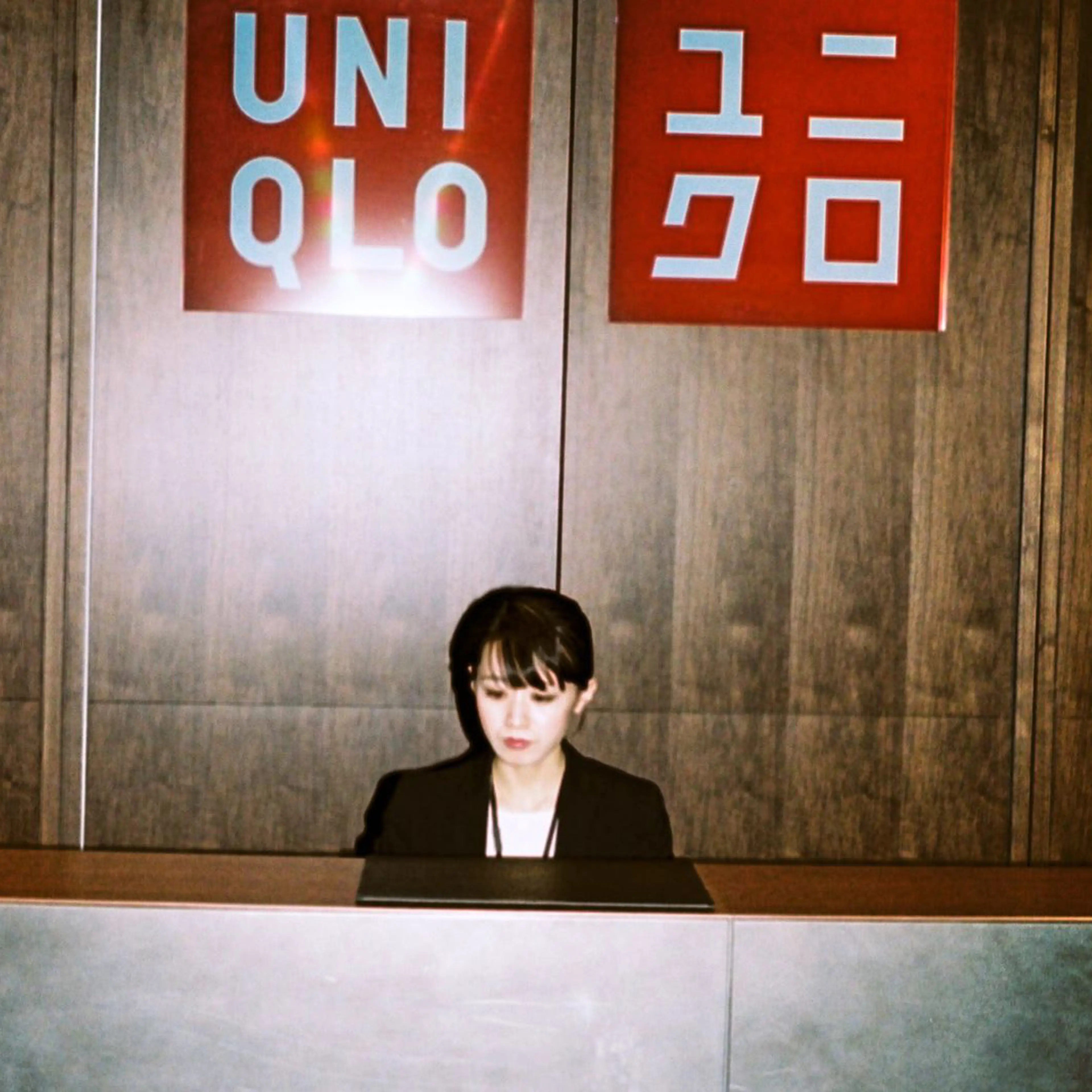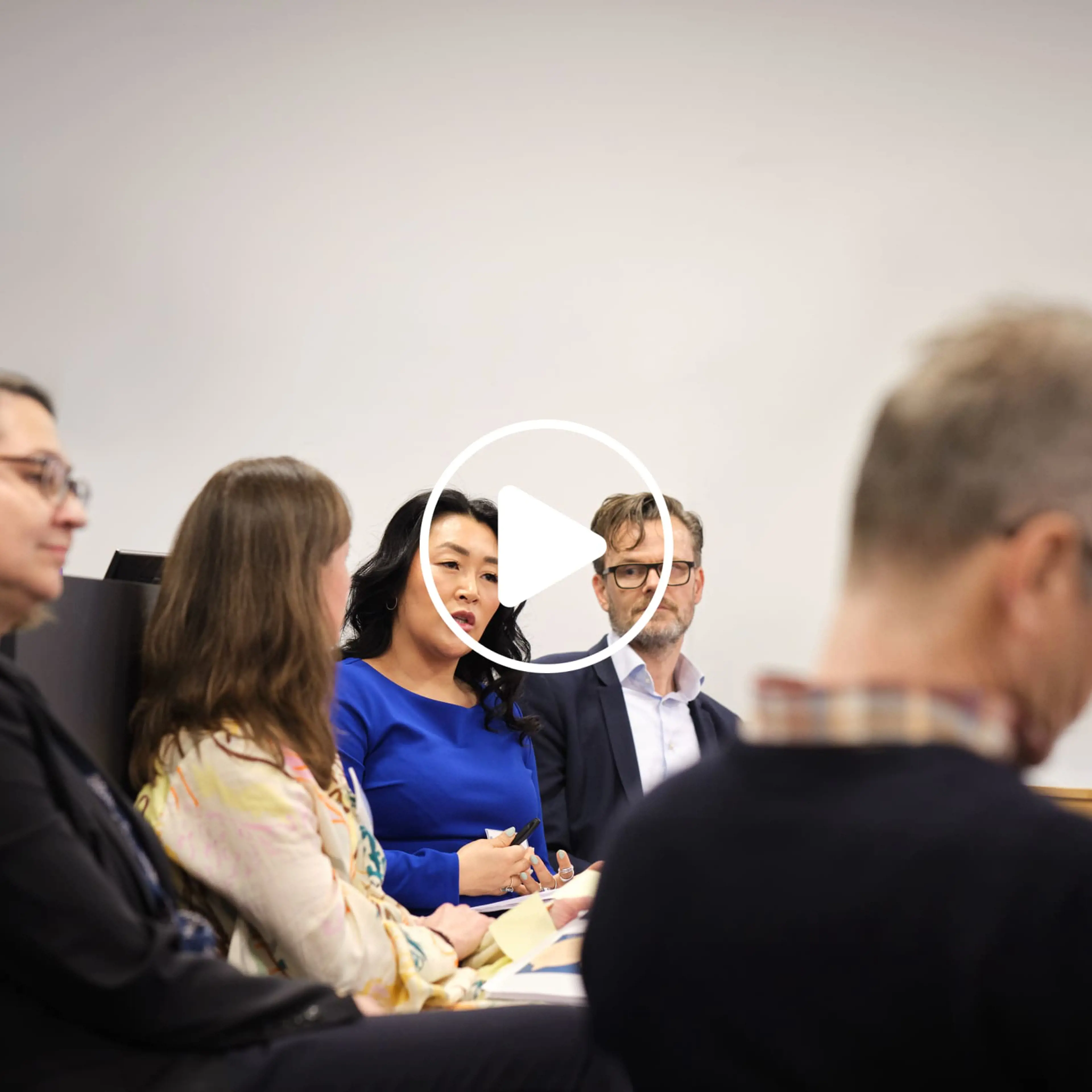We need a new concept of education
There are no woolly statements or politically correct musings that are aired as surprising truths or silly philosophy. Rane Willerslev wants to be challenged. It has been the driving force throughout his life, and therefore it is natural to start by challenging him with the title of his latest book. Because hasn't the whole term "formation" just become the elite's new buzzword, after we have talked about "disruption" and "fake news"?
"If you go back a few years, education was such a dogmatic and dusty quantity that no one wanted to lean on. But yes, it has probably become a buzzword. And I actually see that as something extremely positive," says Rane Willerslev.
The museum director believes that it is when we revive education as a crucial cultural project that we create a decisive counterbalance in an economy-focused time, where all culture-bearing institutions – including museums and universities – are measured and weighed on productivity and financial goals.
“The problem with the traditional view of the concept of formation is that it intuitively excludes a large group of people. There is a huge group of people who feel that they are not part of the formed clique, and that the formation is difficult to acquire, or a knowledge you are born with," says Rane Willerslev and continues:
"There is therefore a great need for us to rethink the concept of education. And here is my suggestion that it should consist of two core elements. One is backbone. You must know where you come from, your history and heritage. It is the immersion that is being lost. The second element is spaciousness. It is the element that must destabilize the spine. There are so many theories and ideas that we have today made part of our canon, but that were wild, surprising and encountered
lots of resistance when they were introduced. Just think of Darwin and the theory of evolution that destabilized an entire worldview. We must be much more open to the destabilization that comes with new knowledge. If education is all about rote learning and reciting the right poems, and you never let yourself be challenged, then it will be the emperor's new clothes.”
The established elite has a legitimacy challenge
Rane Willerslev does not just speak as the former professor of anthropology with a PhD. from Cambridge who wants more people to visit his own museum. He also speaks like the boy who didn't visit the National Museum because his parents didn't think there was important childhood learning to be gained there. The parents were left-wing intellectuals, and they saw the museum as a "manifestation of a slightly renegade, bourgeois concept of education".
says Rane Willerslev.
It was Rane Willerslev's grandmother, who was a factory worker and the daughter of a single mother, who understood the grandson's fascination with the place, and who took him along weekend after weekend. Because it requires neither an academic education nor a student cap to appreciate our rich cultural heritage.
But if the cultural battle in the 1970s was about political dogmatism, and if ten years ago it was about judgment of taste and creating a cultural list of facts in the form of a "canon", then what is the cultural battle about today?
"It is about the fact that in the Western democracies an abysmal contradiction has emerged between the people and the elite, the 'mob' and the 'well-educated'. Trump has become the entire symbol of the polarization we are experiencing. We are in a situation where the established cultural power is being challenged by a huge group of people. Unfortunately, the elite has fallen into a dangerous reaction, which can be dismissed with a 'they are idiots' reaction," says Rane Willerslev worriedly.
"There is a broad population group that is dissatisfied and wants the system to change because it does not address the challenges facing today's individuals. The elite orient themselves too much to the problems of the 20th century, and they think they can find the answers there. But they forget that there have been radical changes in relation to our time's climate, massive migration and great social inequality."
It is not the first time that we have seen a major battle of values unfold. But where the warring parties during the industrial revolution fought over the distribution of goods, resources and privileges, the fight today during the revolution of digitization is about spiritual legitimacy, according to Rane Willerslev:
"The established elite faces a legitimacy challenge. The class struggle was a struggle for resources. Today there is no middle class that is starving and dying. On the other hand, it is their entire world view that is not accommodated," says Rane Willerslev.
And he recognizes that the algorithm-driven news flow of our time poses a huge problem, because we are often only confirmed in our own preconceived notions and attitudes when we want to seek new knowledge and insight. So how do we avoid cultural echo chambers?
"Voices of discontent have gained a new place on the cultural agenda because the Internet has changed the premises for sharing news, and this has led to the fall of experts. Previously was
it is reserved for the few to define truth. Today, the truth is liberalized and democratized, for better or for worse," says Rane Willerslev and continues:
"But this is where the responsibility of the big cultural institutions comes in. They can challenge attitudes by challenging the differences between the elite and the popular."
And the director himself has taken the lead when it comes to putting action behind words. He likes to put his face and shoulders to a regular shitstorm to live up to his own educational code. That is why it was also completely natural to say yes when Jim Lyngvild, the self-taught Viking aficionado, style debater and provocateur, offered his assistance to the National Museum's large Viking exhibition, "Meet the Vikings".
"Jim Lyngvild is not a professional. He is an enthusiast. Therefore, he understands the popular dimension that an audience magnet must also have. Of course, his approach to the exhibition cannot stand alone, but when his wildness is paired with the professionalism of three experts, you create an experience that resonates with far more people. We have never had such a large number of visitors to a single exhibition that at the same time cost so little money to set up.”



